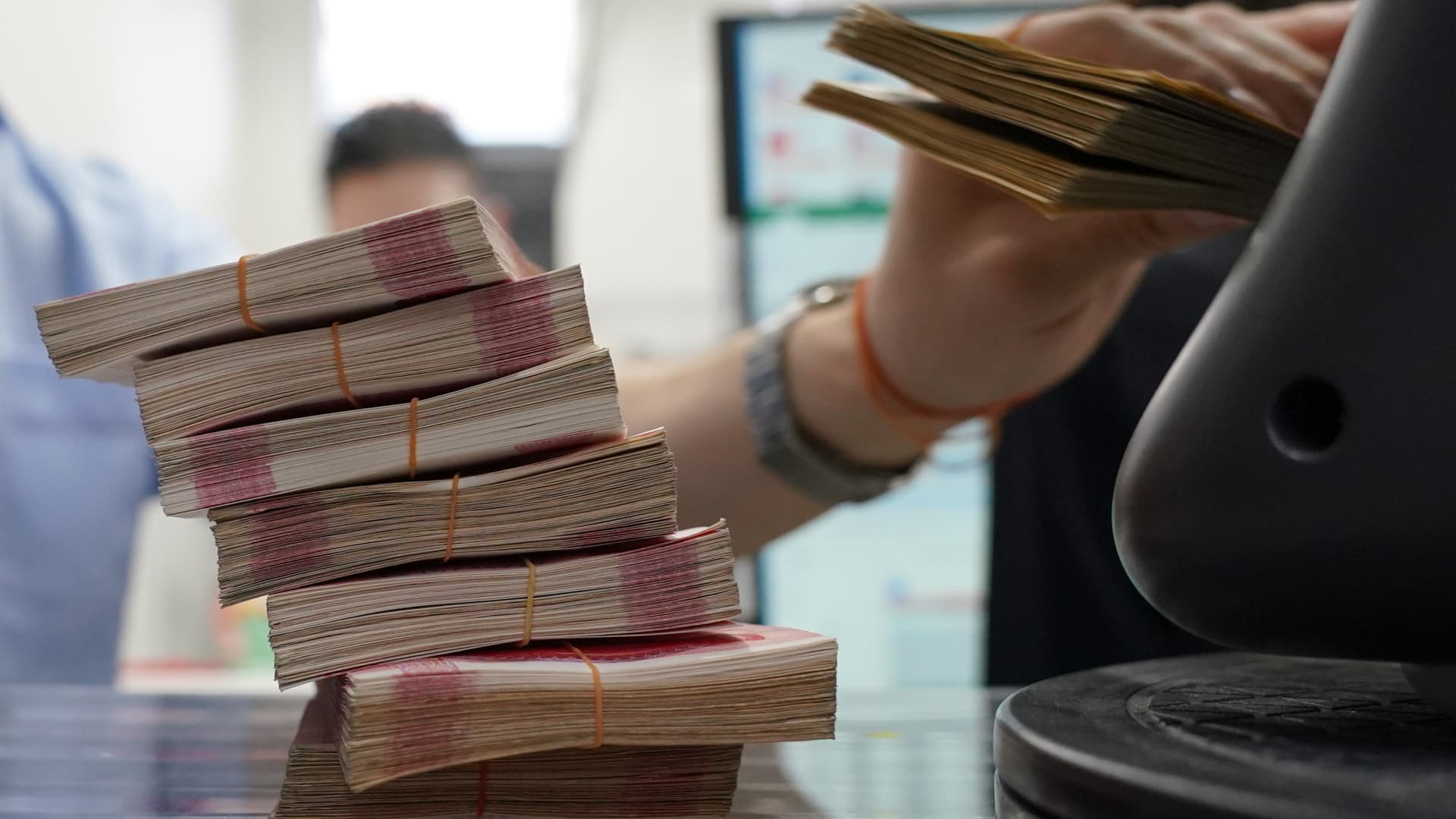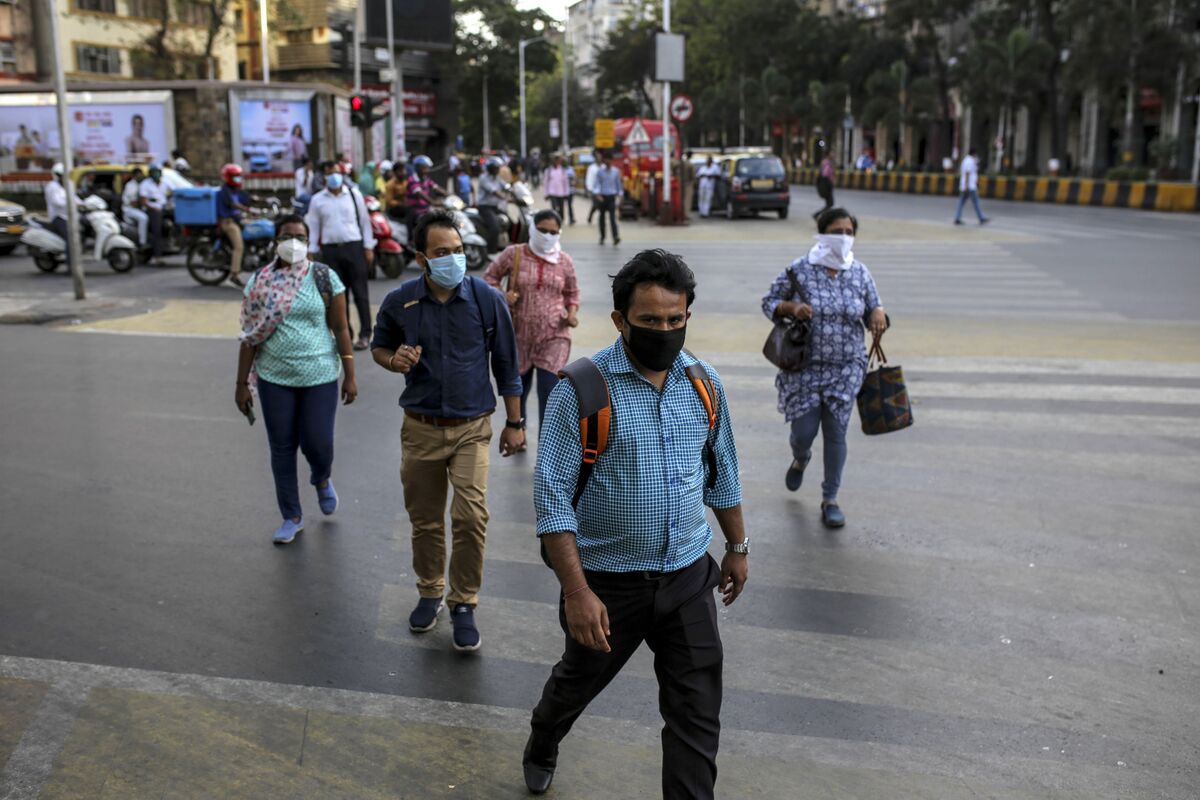Rokhaya Diallo On Mayotte: Colonialism's Lingering Impact

Table of Contents
Diallo's Critique of French Colonialism in Mayotte
Historical Context: French Colonization Mayotte
The history of French colonization in Mayotte is deeply intertwined with the broader history of the Comorian islands. French colonization Mayotte began in the late 19th century, following a period of intense competition between European powers for control of the Indian Ocean. Key events include:
- 1841: France annexes Mayotte.
- Late 19th and early 20th centuries: Implementation of policies designed to integrate Mayotte into the French colonial system, often at the expense of local traditions and governance.
- 1975: Comoros gains independence from France, but Mayotte votes to remain under French administration, leading to a contested status and ongoing tensions.
These policies had profound and lasting impacts on the indigenous population, significantly altering their social structures, economic systems, and relationship with their Comorian neighbors. Understanding Mayotte history is vital to comprehending the complexities of the present.
Diallo's Arguments: Rokhaya Diallo Mayotte Analysis
Rokhaya Diallo's analysis of Mayotte centers on the enduring effects of French colonial policies. Her arguments focus on the ongoing inequalities and injustices faced by the Mahorais people. Key points from Diallo's perspective on Mayotte include:
- The perpetuation of systemic inequalities through economic policies that favor French interests.
- The suppression of Mahorais culture and identity in favor of French assimilation.
- The problematic nature of Mayotte's status as a French department, arguing it masks the reality of ongoing colonialism.
Her work offers a crucial postcolonial Mayotte perspective, challenging the narrative of successful integration often presented by the French government.
The Issue of Citizenship and Identity: Mayotte Citizenship
Diallo highlights the complexities of Mayotte citizenship and Mahorais identity. The issue of belonging is fraught with challenges:
- Many Mahorais citizens feel marginalized despite holding French nationality.
- There are competing narratives of identity, with some seeking stronger ties to Comoros while others identify primarily as French.
- The process of obtaining French nationality in Mayotte remains a source of contention and inequality.
The clash between these narratives is a direct consequence of historical Mayotte citizenship policies that often prioritize assimilation over recognition of the unique Mahorais cultural heritage.
Socio-economic Impacts of Colonialism in Mayotte
Inequality and Poverty: Mayotte Poverty
The legacy of colonialism is deeply embedded in the socio-economic landscape of Mayotte. Mayotte poverty and socioeconomic inequality in Mayotte are pervasive:
- High poverty rates, significantly higher than the French national average.
- Limited access to quality employment opportunities for the Mahorais population.
- Significant disparities in wealth distribution, with a small elite controlling much of the island's resources. This inequality directly reflects development challenges in Mayotte.
Healthcare and Education: Mayotte Healthcare
Access to basic services like healthcare and education remain significant challenges in Mayotte. The Mayotte healthcare system struggles to meet the needs of its growing population, while Mayotte education often fails to provide adequate opportunities.
- Overcrowded hospitals and a shortage of healthcare professionals.
- Limited access to quality education, particularly in rural areas.
- High rates of illiteracy and limited opportunities for vocational training.
These failings are a direct result of inadequate investment and the legacy of colonial policies that neglected the development of social infrastructure.
Environmental Consequences: Mayotte Environment
The colonial exploitation of Mayotte’s natural resources has had significant environmental impacts on Mayotte.
- Deforestation and habitat loss due to rapid population growth and unsustainable development.
- Pollution of coastal waters due to inadequate waste management systems.
- Loss of biodiversity due to habitat destruction and overfishing.
Addressing these issues is vital for ensuring sustainable development in Mayotte and protecting the island's unique environment.
The Ongoing Debate and Future Perspectives
International Responses: International Relations Mayotte
The situation in Mayotte has attracted international attention, with organizations like the EU and the African Union expressing concerns:
- The EU provides financial aid, but its impact on addressing underlying inequalities remains debated.
- The African Union has voiced concerns about Mayotte's status and its impact on regional stability.
- International pressure on France to address human rights concerns is ongoing.
These international relations in Mayotte highlight the broader context of the island's unique position.
Calls for Decolonization: Decolonization Mayotte
Calls for decolonization in Mayotte and Mayotte independence reflect a growing movement advocating for self-determination.
- Arguments for decolonization emphasize the right of the Mahorais people to determine their own future.
- Counterarguments highlight the benefits of remaining within the French Republic, including access to financial aid and social programs.
- Potential pathways forward range from increased autonomy within France to full independence. Achieving self-determination in Mayotte remains a long and complex process.
The Importance of Diallo's Work: Rokhaya Diallo's Contribution
Rokhaya Diallo's work is instrumental in raising awareness about the challenges facing Mayotte. Rokhaya Diallo's contribution lies in providing a critical analysis of the island's history and present.
- Her analysis challenges dominant narratives and highlights the ongoing impact of colonial policies.
- She gives voice to marginalized communities and amplifies their struggles.
- Her work serves as a vital resource for understanding the complex issues surrounding Mayotte. Understanding Mayotte requires a critical approach and appreciating diverse viewpoints, such as Diallo's critical analysis of Mayotte.
Conclusion
Rokhaya Diallo's insights on Mayotte are essential for understanding the lingering effects of colonialism. Her analysis illuminates the complex web of historical injustices, socio-economic disparities, and ongoing political debates shaping the island's present. By engaging with her work and further researching the complexities of this French territory, we can contribute to a more informed and nuanced discussion about decolonization and the pursuit of justice in Mayotte. Explore the critical perspectives offered by Rokhaya Diallo on Mayotte to deepen your understanding of this crucial topic.

Featured Posts
-
 Star Studded Ufc 314 Card Suffers Blow Neal Vs Prates Cancelled
May 05, 2025
Star Studded Ufc 314 Card Suffers Blow Neal Vs Prates Cancelled
May 05, 2025 -
 Suboticki Koncert Gibonnija Knjiga Drvo I Ekskluzivna Najava
May 05, 2025
Suboticki Koncert Gibonnija Knjiga Drvo I Ekskluzivna Najava
May 05, 2025 -
 Ufc Des Moines Predictions Best Mma Bets And Odds Today
May 05, 2025
Ufc Des Moines Predictions Best Mma Bets And Odds Today
May 05, 2025 -
 Heavyweight Clash Parker Bakole Fight Preview
May 05, 2025
Heavyweight Clash Parker Bakole Fight Preview
May 05, 2025 -
 May Workforce Cuts Planned By The Transportation Department
May 05, 2025
May Workforce Cuts Planned By The Transportation Department
May 05, 2025
Latest Posts
-
 The Falling Dollar And Its Consequences For Asian Economies
May 06, 2025
The Falling Dollar And Its Consequences For Asian Economies
May 06, 2025 -
 Is It Ethical To Bet On The Los Angeles Wildfires Exploring The Moral Implications
May 06, 2025
Is It Ethical To Bet On The Los Angeles Wildfires Exploring The Moral Implications
May 06, 2025 -
 Weakening Dollar Fuels Asian Currency Market Disruptions
May 06, 2025
Weakening Dollar Fuels Asian Currency Market Disruptions
May 06, 2025 -
 Anchor Brewing Companys Closure A Look Back At Its Legacy
May 06, 2025
Anchor Brewing Companys Closure A Look Back At Its Legacy
May 06, 2025 -
 Where To Invest A Map Of The Countrys Top Business Locations
May 06, 2025
Where To Invest A Map Of The Countrys Top Business Locations
May 06, 2025
